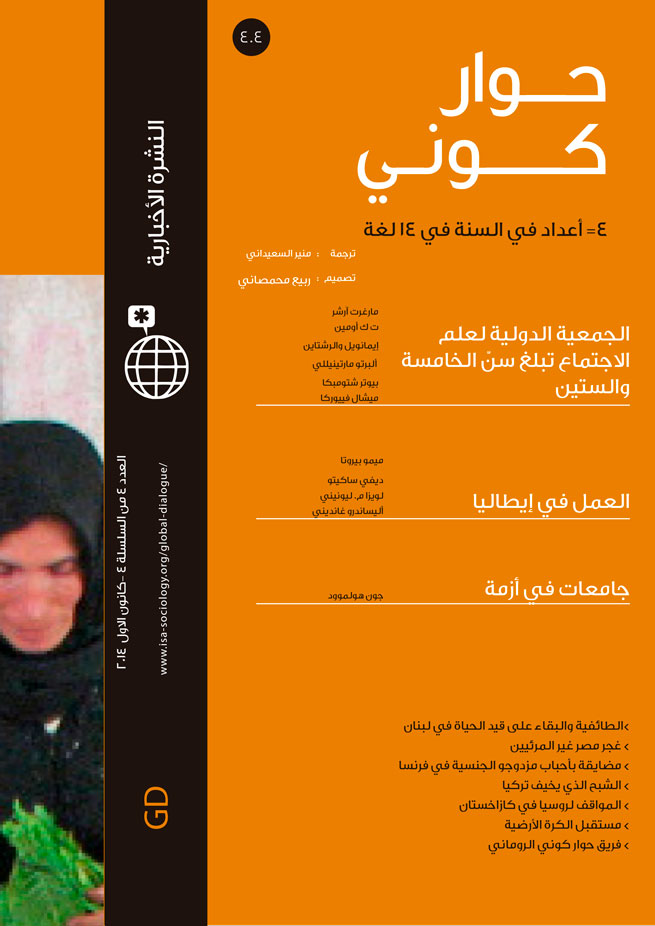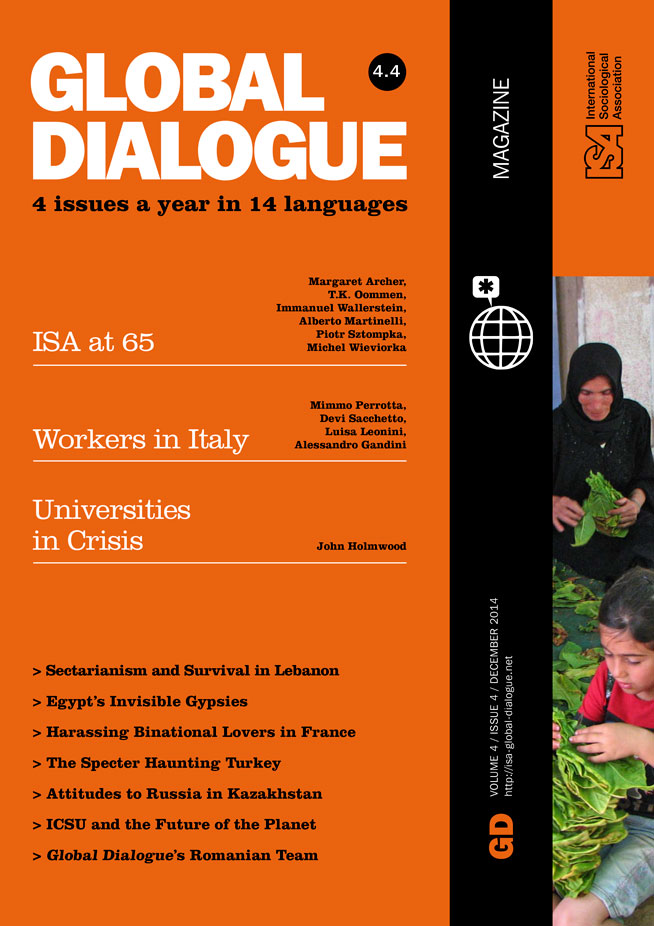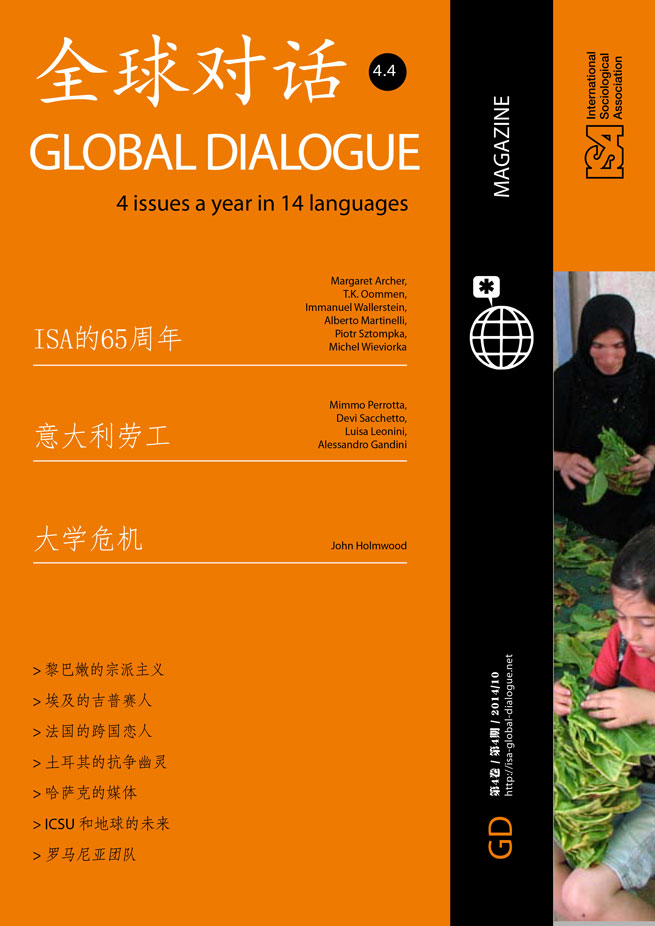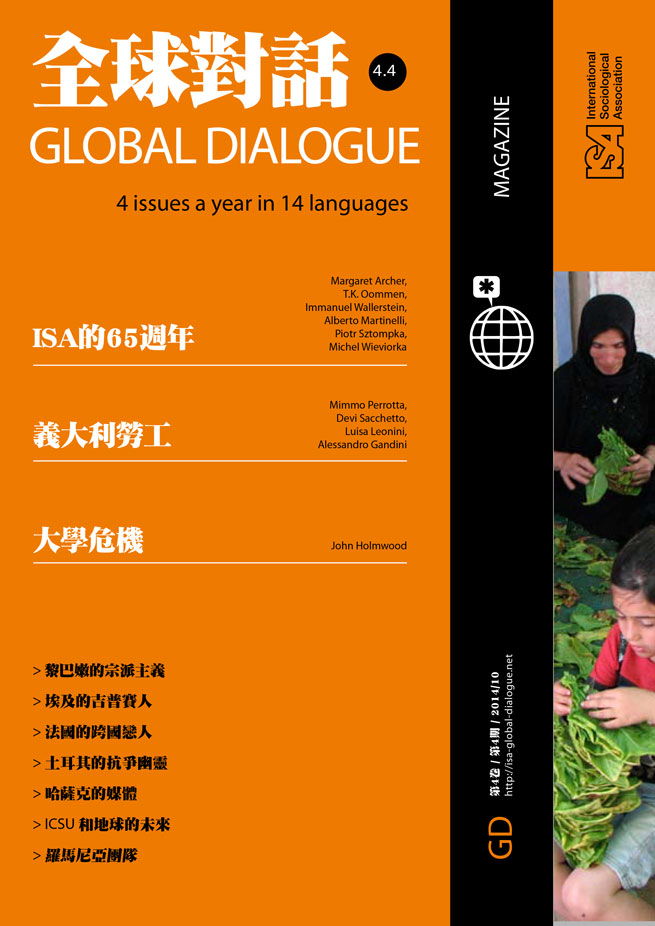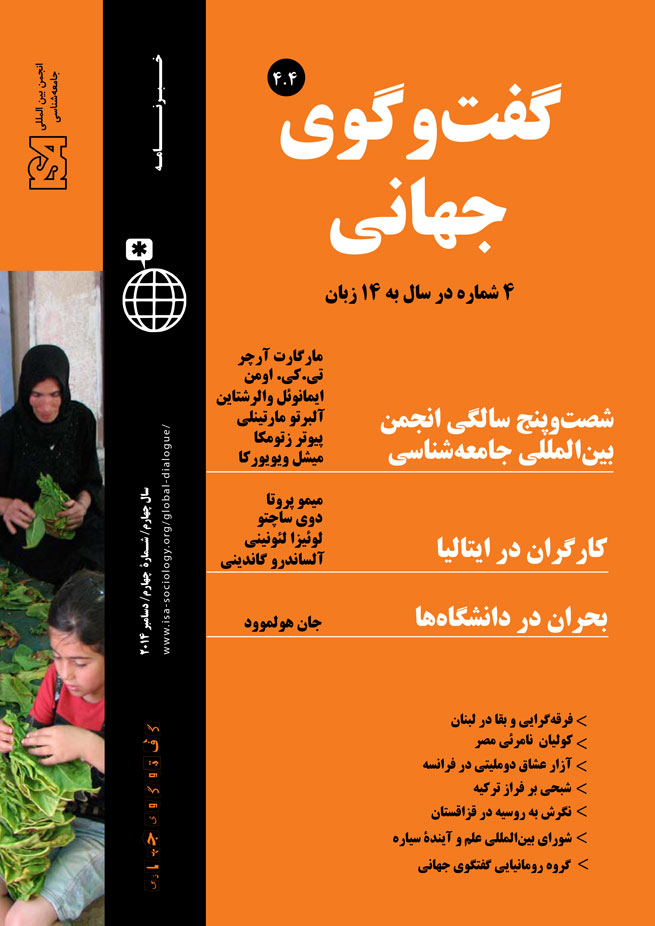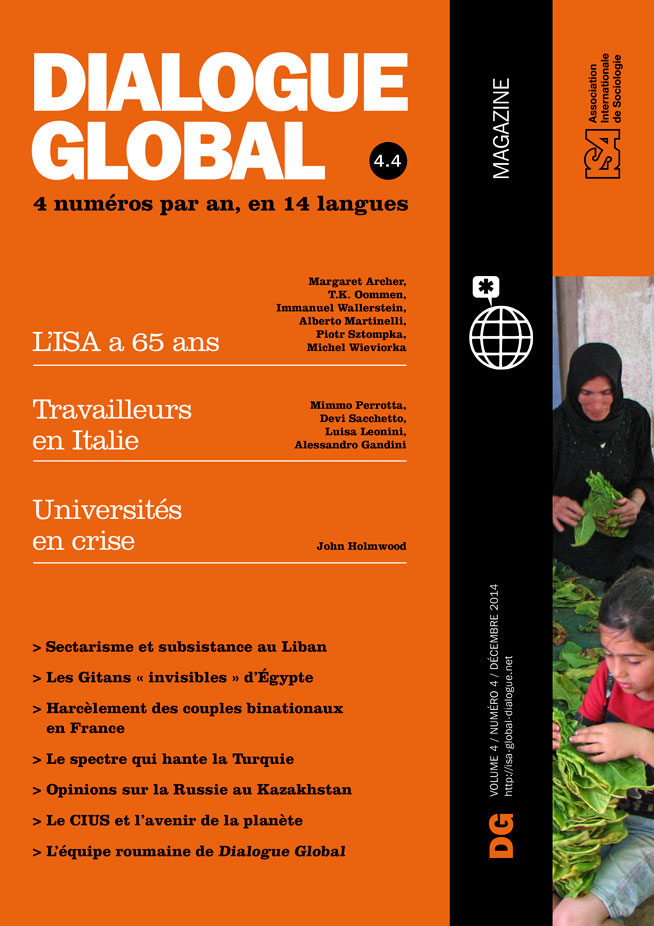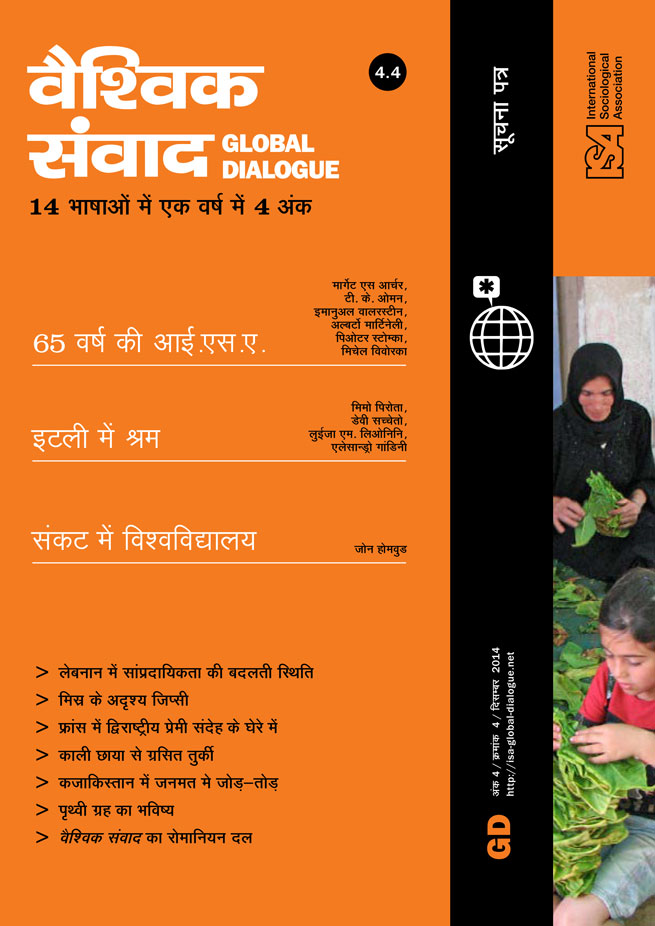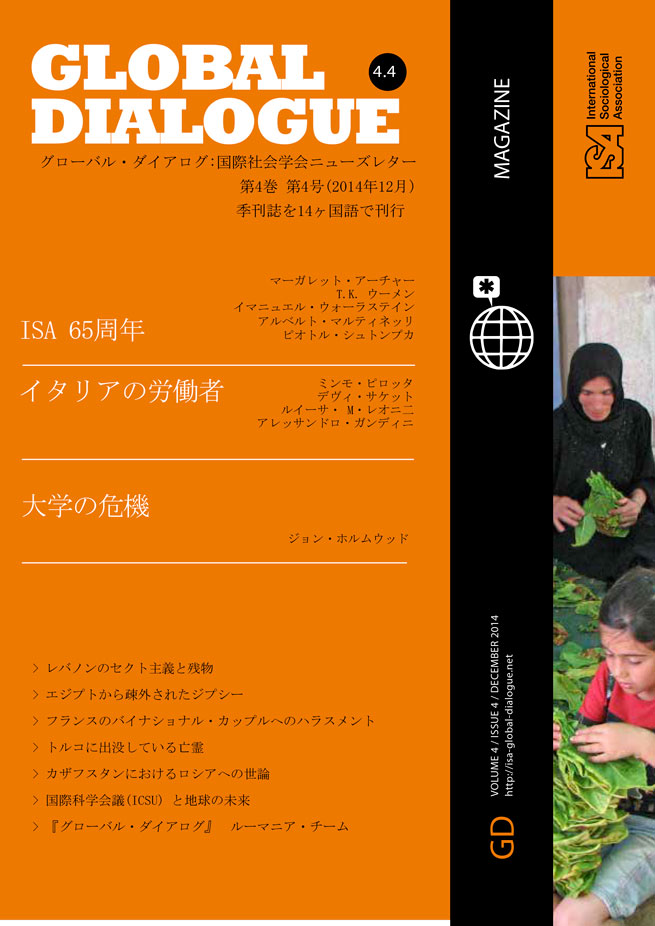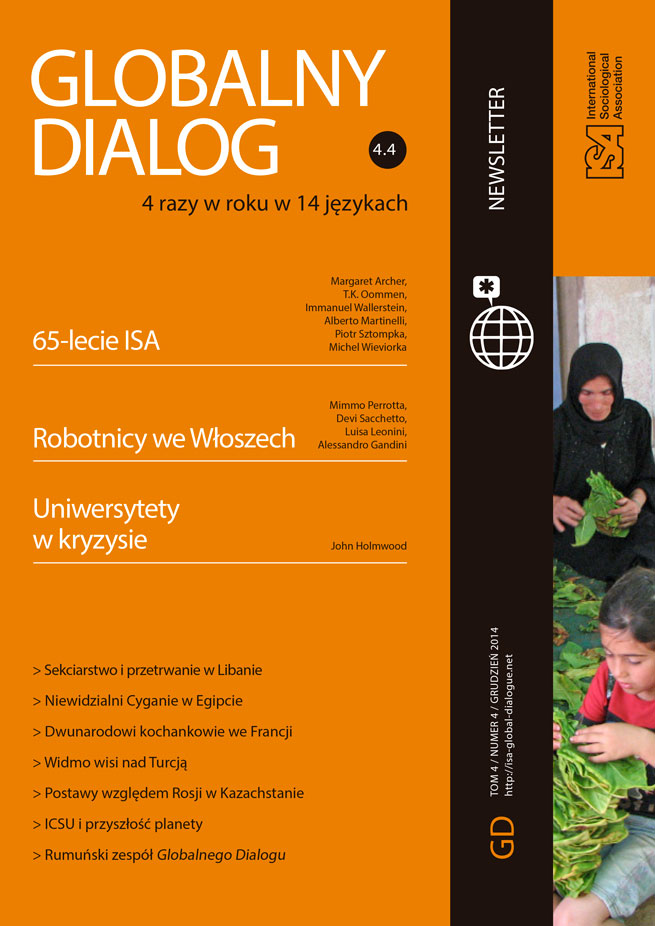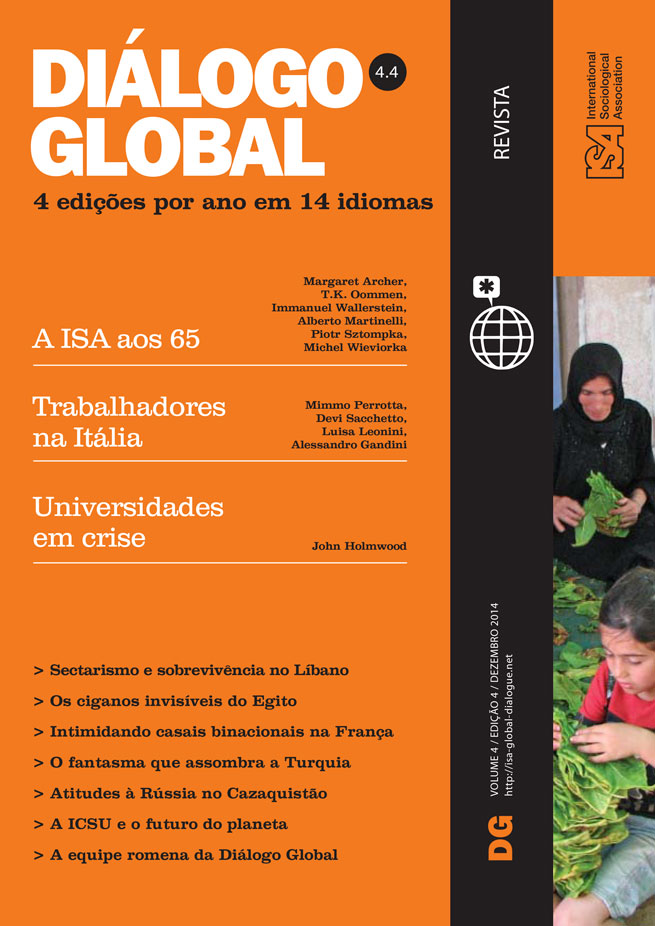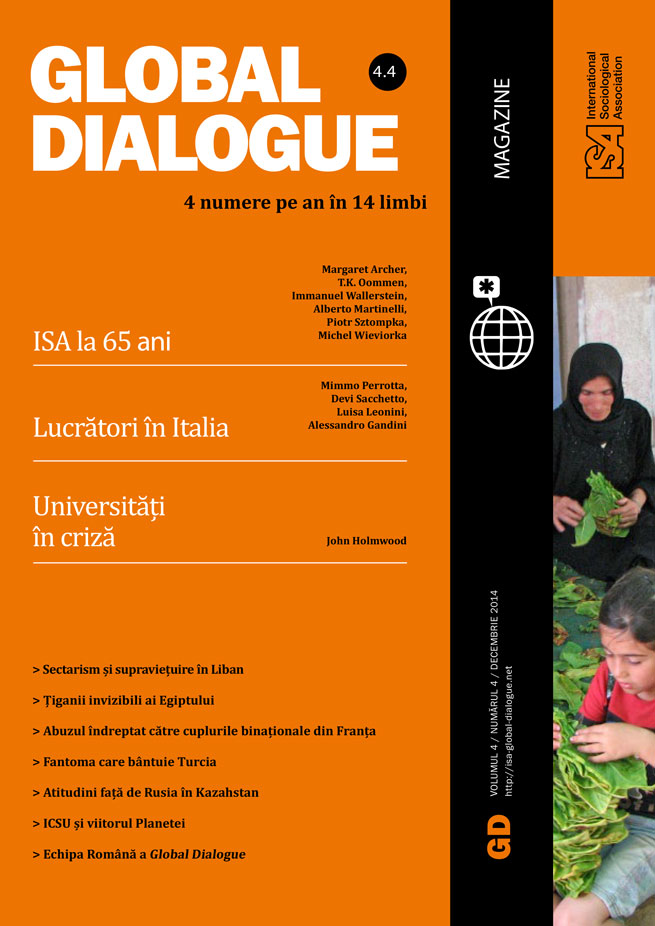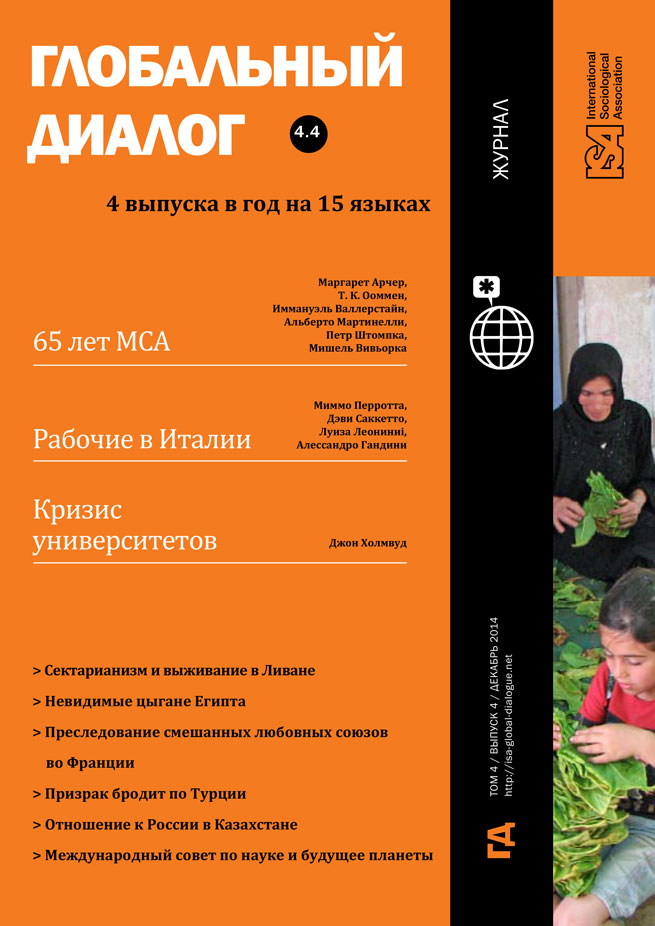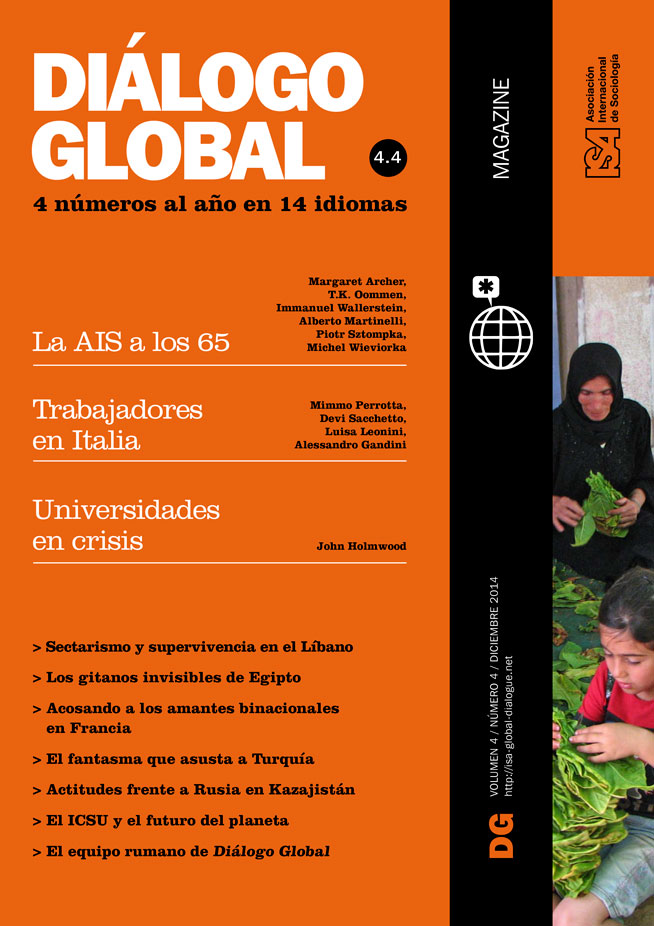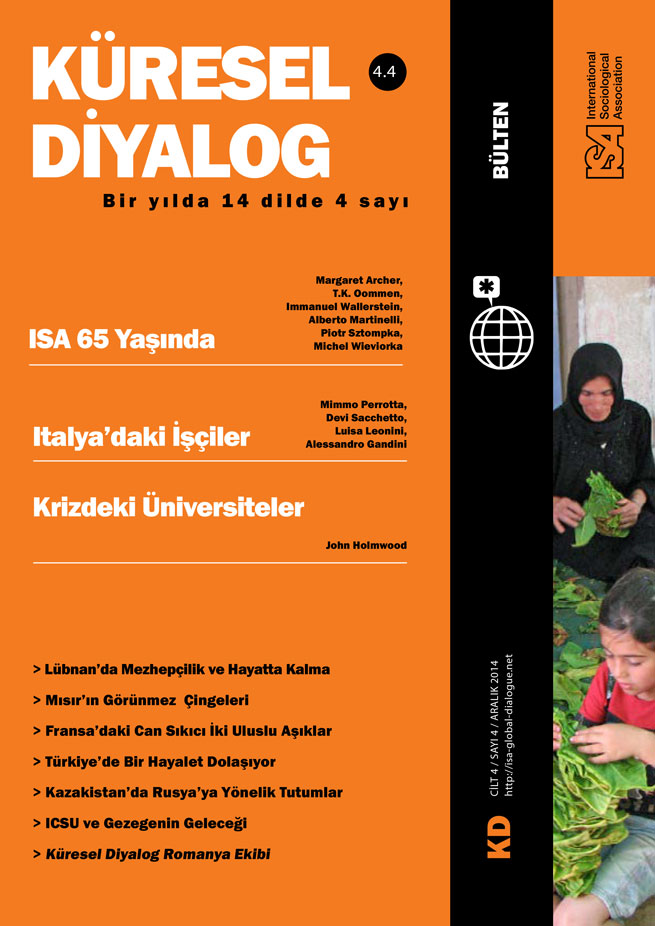Read more about Politics and the Media

Manipulating Public Opinion in Kazakhstan
by Almas Taizhanov

The Specter Haunting Turkey
by Aylin Topal
December 12, 2014
Members of the International Science Council (ICSU) met in Auckland Convention Center for their tri-annual General Assembly and decided on the key directions of international science in the coming years. The theme of the 31st General Assembly was “A Celebration of 30 years of Global Change Research.” It endorsed a key statement on open access to the scientific record and cautioned against the misuse of metrics in the evaluation of research.
Founded in 1931, ICSU is a non-governmental organization with a global membership of national scientific bodies (120 members representing 140 countries) and International Scientific Unions (31 members). The Council’s activities focus on three areas: planning and coordination of international research; science for policy; and strengthening the universality of science. ICSU is often called upon to speak on behalf of the global scientific community. It acts as an advisor to governments and UN agencies in matters ranging from the environment to the conduct of science.
New Zealand Prime Minister, John Key, opened the meeting, stressing the country’s unique environmental challenges and its contributions to international research. Peter Gluckman, the government’s chief science adviser and past president of New Zealand’s Royal Society, gave the keynote address: “The Changing Nature of Science; Can Scientists Rise to the Challenge?” He warned the audience that science systems are changing rapidly, and if we do not manage these changes properly, they can contribute to loss of public trust!
For five days – 31 August to 4 September, 2014 – ICSU reviewed the progress of its key programs during the past three decades, namely:
These served as the foundational programs for Future Earth: Research for Global Sustainability, ICSU’s definitive program for the next decade.
ICSU is partnering with two academies in its efforts to build a new generation of scientists, namely, the Global Young Academy (GYA) and the World Academy of Scientists (TWAS). Started in 1990 and based in Berlin with support from the German Science Academy, GYA has a membership of 90 young scientists around the globe and regularly organizes workshops and conferences to share its research findings. TWAS is a global science academy and connects a network of scientists from 50 developing economies. Based in Trieste, Italy, TWAS aims to “advance innovation and sustainable prosperity in the developing world through research, education, policy and diplomacy.”
In 2010, ICSU invited the ISA to contribute to integrating the social sciences into its scientific endeavor. But much remains to be done in this area. Currently, ISA is re-thinking whether it is worthwhile to continue its participation in a body whose heart is in the “hard core” sciences. From 2010-2014, Alice Abreu, former member of the ISA Executive Committee (2006-2010) and ICSU regional director for Latin America, was ISA’s representative in ICSU. Meanwhile, Stewart Lockie (former president of ISA’s RC23 on the Environment) became a member of ICSU’s Committee on Strategic Planning and Research (2013-2014).
Emma Porio, Ateneo de Manila University, Philippines, former member of ISA Executive Committee, 2006-2014, and current ISA Representative to the International Science Council (ICSU) <eporio@ateneo.edu>
This issue is not available yet in this language.
Request to be notified when the issue is available in your language.
If you prefer, you can access previous issues available in your language:
